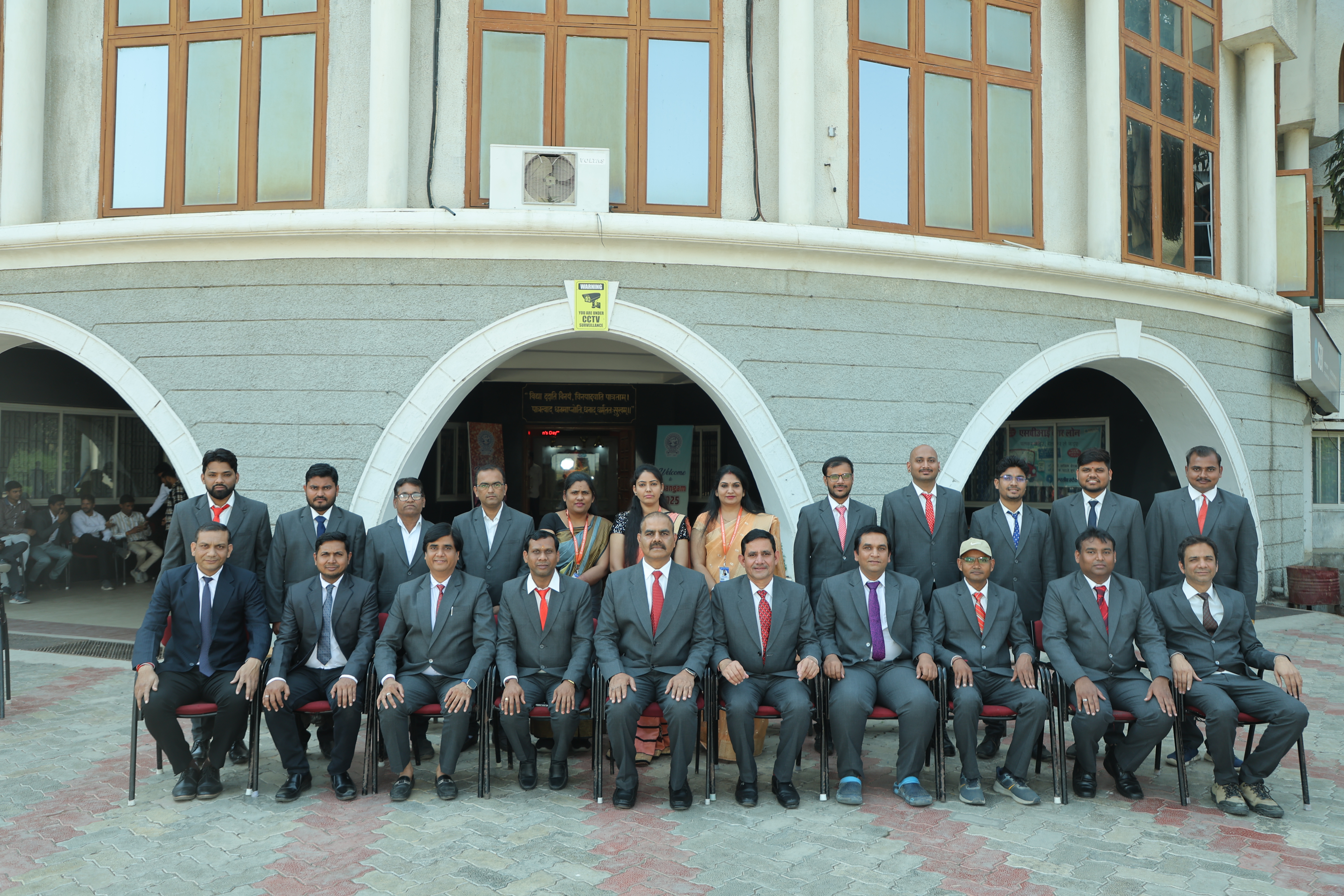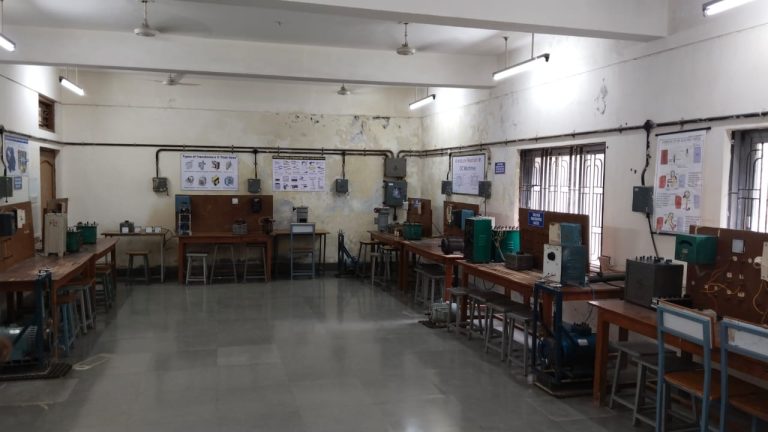
Electrical & Electronics Engineering
The term electrical engineering is used to cover power engineering, including the generation, transmission, control and use of all forms of electrical power. The term electronic engineering is used to include the expanding fields of electronic communications (including computer networks), computers (both hardware and software) and electronic components. These components include microcomputer chips and, increasingly, the optical devices now being used for many applications. In addition, the field of control engineering spans the electrical/electronic boundary and, with its use of computer systems, is very broadly based.
Much of the advanced equipment found in the home or workplace such as entertainment systems, domestic appliances, personal computers, data processing equipment, robots and machine tools are made possible by electrical and electronic engineering.
This very broad and vibrant discipline has interfaces with physics (in the component field), computer science (in software engineering) and mechanical engineering (in manufacture and control)
Departmental Labs
- power system lab
- network analysis lab
- electrical machine lab
- control system
- basic electrical and electronics engg. lab
- electrical workshop lab
- electrical instrumentation and measurement lab







